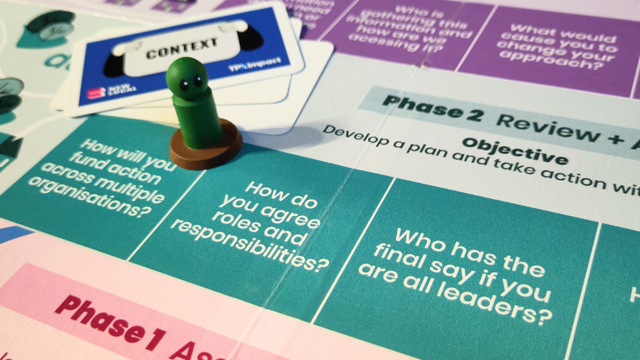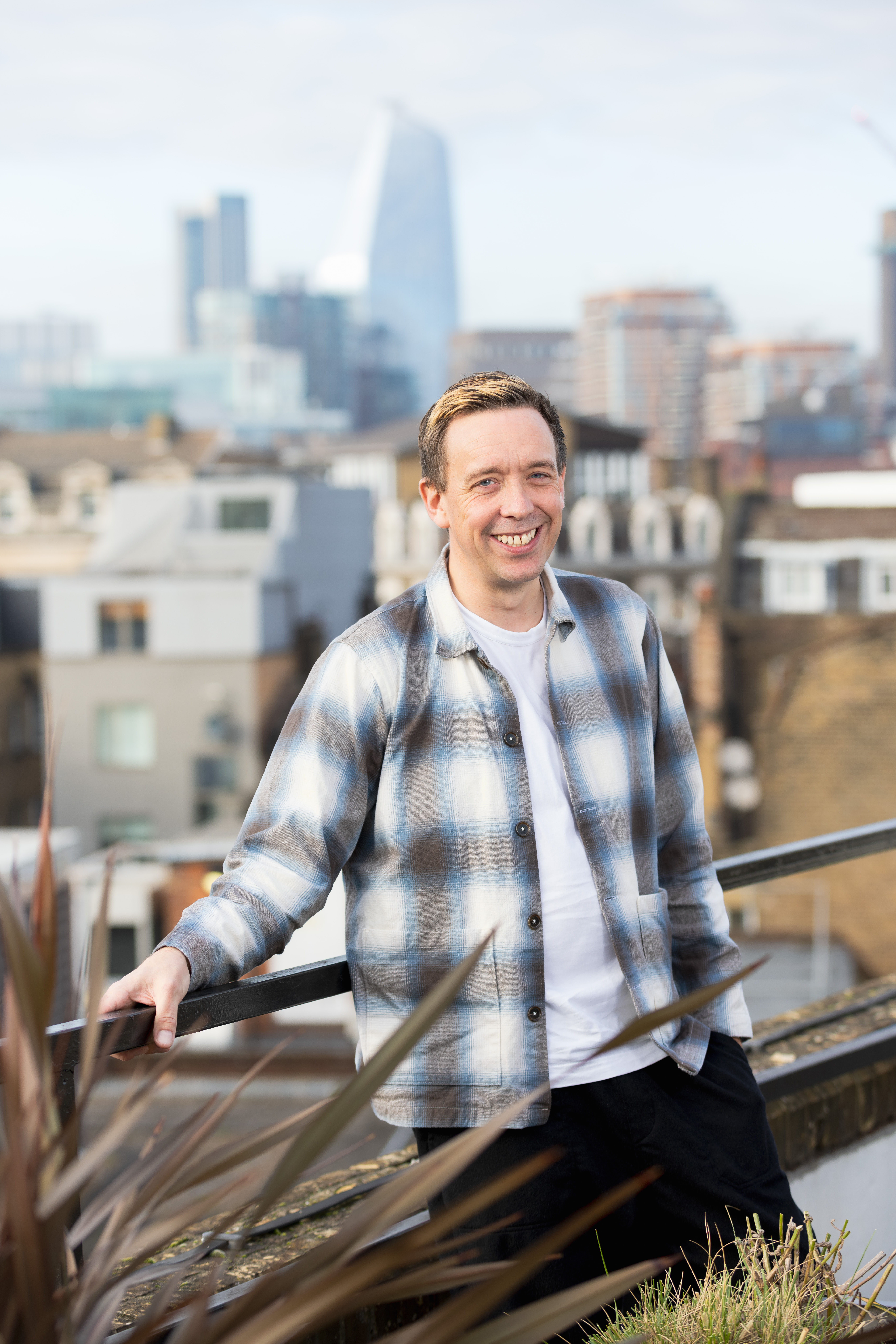Addressing climate change is intimidating. Particularly for our resource strapped public institutions which don’t have the assets of government and central banks at their disposal.
And it’s more intimidating still for the average citizen. As one of the most pressing issues facing civil society, many are looking to leadership for guidance. The UK Government's new Net Zero Strategy sets out for the first time how the government intends to halve UK emissions in a little over a decade and eliminate them by 2050.
We know that the local leadership from our councils is instrumental in making this radical change happen. As such, it's no surprise that more than 300 councils have declared a climate emergency, committing to get to carbon neutrality by 2030.
We’re just warming up
However, despite this commitment, we're still doing too little, too slowly.
Many councils we work with have created a climate action plan but don’t quite know where to start, what to measure or how to progress as they navigate the fine line between taking action and aligning activities with existing policies.
Our governing bodies are not historically designed to handle this type of challenge, and they face several barriers preventing swift and coordinated action.
- Even amongst those who believe in the urgent need to act, it can feel abstract. People can struggle with how to connect societal challenges and goals to what they can influence. This is a challenge around engagement and awareness we recognise not just in our communities but in government leaders as well.
- Local councils only directly control a small portion of emissions. A large part of reducing emissions across a place will be in articulating the role of government as they support partners, businesses and the public. Finding the right balance between enabling and encouraging is crucial to this success.
- There's a skill gap for people who can lead, deliver, and manage climate-related work. As new sustainability units are formed, they’ll need support to identify their mission, vision and influence. Beyond that, capability must be extended through entire organisations to fit climate goals into broader agendas and decision-making.
- Climate work is difficult because actions that need to be taken are cut across traditional lines of responsibility. To pass new investments, councils need new economic and decision-making frameworks to secure funds for climate work and to account for climate impact as a valuable return on investment. To support this, they’ll also need new ways of procurement that tie providers to climate and social results.
- Carbon emissions are a new impact metric, and that’s something we currently have no way of measuring progress on. Now that targets are set, the role of councils and the national government will be to update the information to track progress over time. We don’t currently have a service or tool to do this easily and cheaply.
- Above the local level, households, councils and businesses are looking to the national government for funding and policy advice. With national targets being set but little support to deliver these, there are delays in getting guidance and funding services right.
Learning from the parallels to digital transformation
Solutions to climate change rightfully focus on measuring impact and change to systems. However, this idea coupled with the challenges above often means there’s delayed action because councils don’t have the perfect plan or the right measurements in place.
There are parallels and lessons we’ve learnt here from the last decade working on digital transformation across public sector organisations.
As with climate change, the end goal of digital transformation is to completely transform systems, cultures and ways of working to achieve social impact at scale. Digital, like climate, has become embedded in every aspect of how we work and live.
Transformation does not happen in one go, it’s the cumulative effect of hundreds of small experiments, where iteration and learning happen continuously. The most important lesson is to start by taking small steps that feed into broader change.
Start by starting, and embracing an agile mindset
Focusing on the challenges above, we’re applying lessons from our years of working on digital transformation to help the public sector get started on climate action.
Make it real
Rather than talking about abstract climate or behavioural change, we bring it down to real services.
By exploring public transport, home heating, cycling, recycling, public space and nature we can talk about how these matter to real people and real communities. Designing for both the planet and residents is central to local climate action.
Start with your riskiest assumption
While it is tempting to pursue easier targets first, initially we suggest focusing resources on areas where we can have the most impact, even if they may seem difficult.
Recognising where, within our influence, we can most dramatically reduce carbon emissions is crucial if we want to reach net zero targets in time.
Track outputs before outcomes
Research and data collection is a tool that enables action, and should never be a reason to delay it. It’s crucial to identify how much research is just enough. Currently, the tools to continuously measure and monitor place-based carbon emissions are not ready, meaning this process is expensive, time-consuming and inaccurate.
However, just like GDP, it is not necessary to continuously measure the outcome of any social goal at a project or council level.
What’s more important is to set targets to work towards and measure short and medium-term outputs. These can focus on things like the reduction of car use, the increase in public transport coverage, the increase of cycle lanes and the number of boilers replaced.
Learn through doing
We don’t yet have all the answers or skills required to transform our society and systems in a way that's better for the planet.
As we start small projects, what’s important is to operate in a transparent and reflective way to continue our education and share our learnings across councils, organisations and countries over time.
Embrace government’s role as an enabler
While change can be achieved by citizens and private businesses, government should embrace the pivotal role it can play in enabling change to happen rapidly, and at scale.
- Unblocking structural barriers that may prevent people from taking action, such as simplifying planning to allow people to insulate homes and buildings easily.
- Connecting demand and supply for new services by raising awareness of local businesses supplying renewable energy services.
- Providing targeted support where the market can’t or isn’t ready to, such as providing green transport for those with disabilities.
- Creating standards around behaviours, services and technology like EV charging to build citizens’ trust.
- Ensuring consistency in policy by reducing and eliminating investments that produce carbon.
Uniting around climate change
Acting on climate action plans will not be an easy journey. However, navigating the systemic, policy and cultural barriers to change is the first step in responding to the urgency of the climate crisis.
As the local government begins this new challenge, engaging communities, creating momentum and designing services that directly address these barriers and create better conditions for change to happen is essential.
We're proud to continue to support our public institutions as they once again adapt and respond to one of the most important issues of our time. Learn more about how we're transforming the environment.

Transforming the environment
We work with organisations to create data-led policies and products that meet the needs of people, place and planet.
Work with us
5 ways local government can respond to the energy crisis
Short, medium and long term opportunities for local government to support residents, create local energy resiliency, and achieve Net Zero.
Read moreOur recent insights
Transformation is for everyone. We love sharing our thoughts, approaches, learning and research all gained from the work we do.

A game-changing approach to leadership
Radical Leaders: The Game! uses real-world crisis scenarios to challenge local government leaders, fostering collaboration, agility, & community focus.
Read more
How local action can transform the UK's path to net zero
Discover the pivotal role of local authorities and communities in the fight against climate change
Read more
Why service design is essential to delivering net zero now
Faced with a lack of resources and expertise, organisational barriers and little government support, councils aren’t sure how to take action on net zero delivery. But service design can help with net zero strategies.
Read more


